One of the biggest barriers to entering Singapore right now is the Stay-Home Notice (SHN) requirement. Depending on your travel history, you’re looking at up to 14 days in a hotel (10 days from 7 October 2021), during which you’re not allowed to leave your room for any reason.
| 💉 SHN Measures by Category and Vaccination Status (From 7 Oct 2021) |
||
| Fully-Vaccinated | Unvaccinated | |
| VTL | No SHN | Not allowed |
| Category I | No SHN | |
| Category II | 7-day SHN (home/hotel) |
|
| Category III | 10-day SHN (home/hotel) |
10-day SHN (hotel) |
| Category IV | 10-day SHN (hotel) |
|
| 🌎 List of Countries by Category | ||
However, thanks to Singapore’s newly-announced border measures (which take effect from 7 October 2021), those who can’t stand being cooped up have a viable alternative: travelling to a VTL country first, staying there 14 days, then travelling to Singapore.
To be clear: this is not a loophole, nor does it require you to do anything shady (cue the Sinkie tell [insert racial slur du jour here] how to avoid SHN KYM threads on HWZ). The authorities are indirectly presenting travellers to Singapore with two options:
- direct travel to Singapore, followed by a 10-day SHN
- 14 days in a low-risk VTL country, followed by travel to Singapore and no SHN
There will almost certainly be incremental financial costs involved with (2), so this won’t be for everyone. But if you have the means, here’s how a 14-day stay in a VTL country can serve as an alternative to SHN in Singapore.
| 🇩🇪 I’m going to use Germany as an illustration since it’s the only viable candidate right now, but the same logic would equally apply to any other upcoming VTL country that accepts short-term visitors (i.e. not Brunei). |
Step 1: Get to Germany
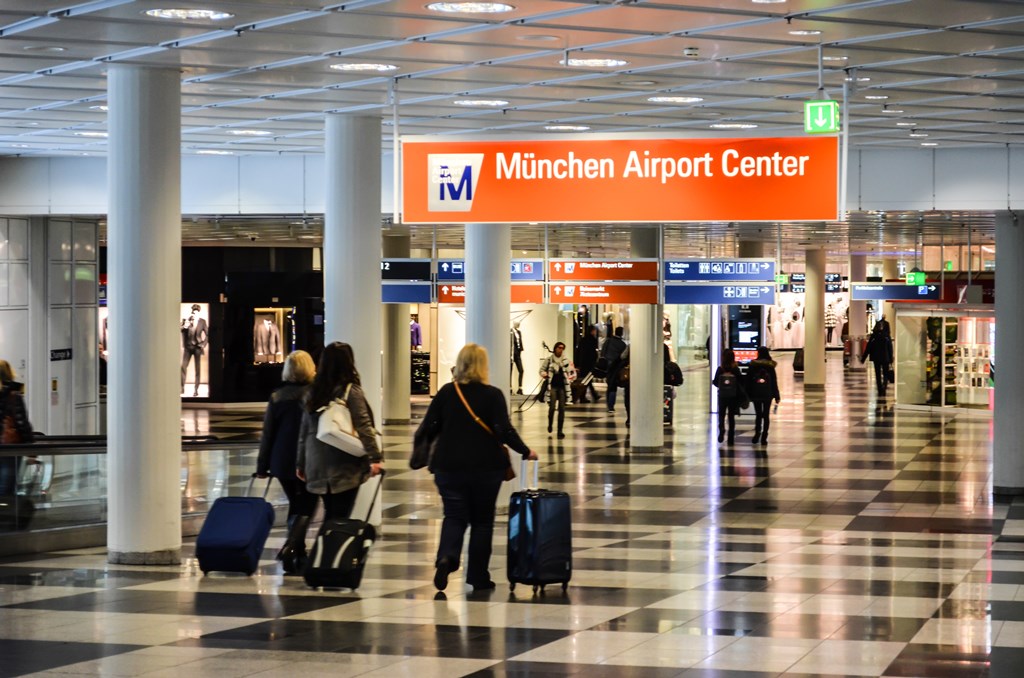
The first step is to get yourself to Germany.
You may be wondering if you’ll have to do any quarantine on arrival, and the short answer is: no, if you’re vaccinated.
| ⚠️ While Sinovac fulfills the vaccination requirement for VTL travel from Germany to Singapore, Germany itself does not recognise Sinovac. Individuals vaccinated with Sinovac will be treated the same as unvaccinated ones (i.e. they must present a negative PCR result from the past 72h to enter Germany). |
The rules in Germany state that if your 10-day travel history includes time in a high-risk area or area of variant of concern (list updated weekly here), you need to quarantine for:
- High-risk area: 10 days
- Variant of concern area: 14 days
However, there is no need for travellers from high-risk areas to quarantine if they can present proof of vaccination, or recovery, or a negative test result.

And since Germany currently does not designate any country as a variant of concern area, it basically means that fully vaccinated = no quarantine, regardless of where you’re coming from.
| ⚠️ If you’re entering Germany from a high-risk area or an area of variants of concern, you will need to fill out a digital form prior to entering Germany. |
Step 2: Stay 14 days in Germany
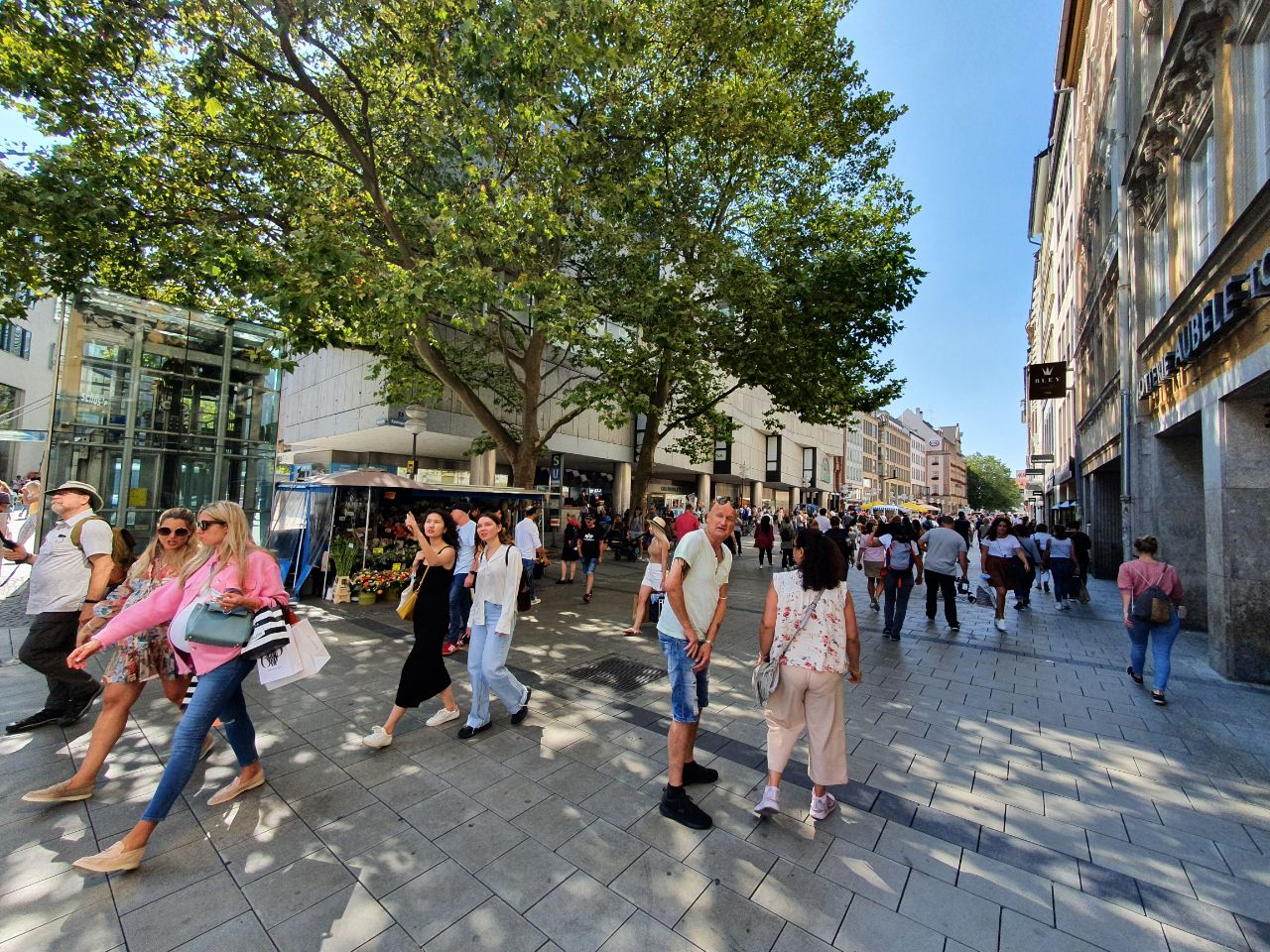
During your 14 days in Germany, you’ll be free to move around and take part in regular activities, just like anyone else. Out of an abundance of caution, you should continue to avoid crowds, practice good personal hygiene, monitor your own health, and seek medical attention if you develop symptoms.
48 hours before your VTL flight to Singapore, you must undergo a pre-departure PCR test in Germany. If this is negative, you’ll be permitted to board your VTL flight to Singapore (see next section).
If this is positive, you’ll be issued a self-isolation order by the local health authority. Since you’re vaccinated, it’s highly likely you’ll be asymptomatic or only mildly symptomatic, and therefore self-isolation will take place in a hotel rather than a hospital (unlike Singapore, Germany does not have a system of managed quarantine in government facilities).
You may be discharged from self-isolation in as little as five days, depending on what follow up PCR tests say about your viral load. Otherwise, it’s rare for self-isolation to go beyond 14 days.
Regardless of the duration of your self-isolation, the ICA states that you will not be allowed to travel to Singapore within 21 days of a positive COVID-19 result (reduced to 14 days from 7 October 2021).
Step 3: Travel to Singapore on the VTL
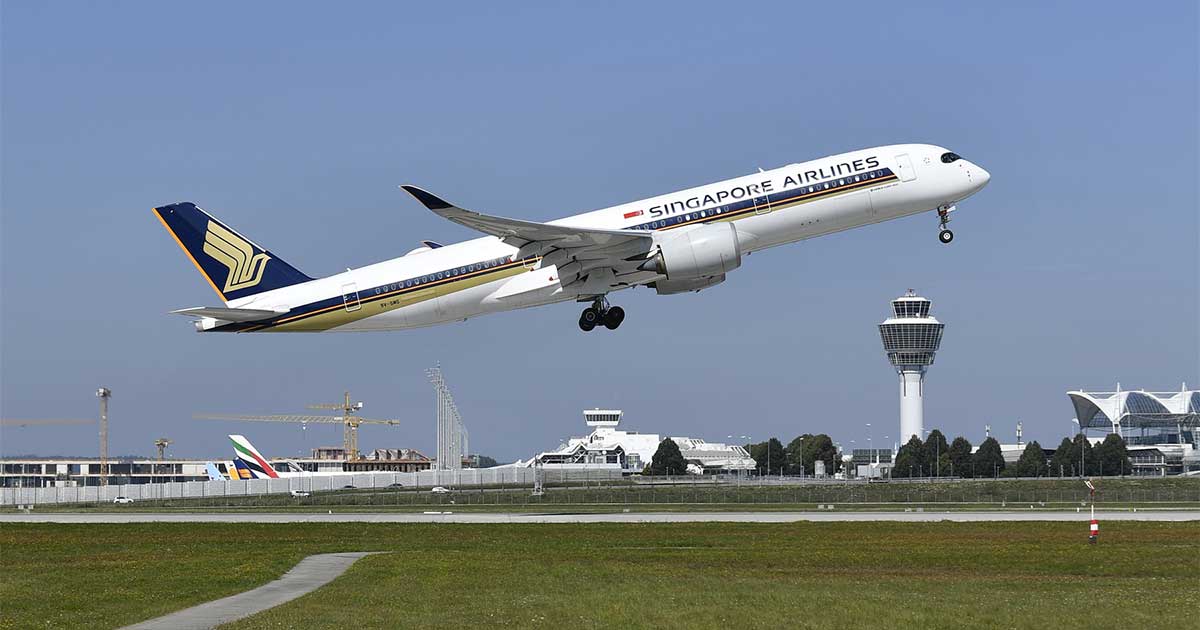
For the uninitiated, Germany and Singapore have a VTL arrangement which allows fully vaccinated travellers flying on VTL designated flights to enter Singapore without SHN.
To be eligible for VTL travel, individuals must have remained in Germany and/or Singapore for the past 21 days (to be clear, any combination of the two is acceptable); a requirement that gets cut to 14 days from 7 October 2021.
They must also have been fully vaccinated with any vaccine on the WHO’s EUL in either Germany or Singapore.
| 💉 WHO EUL List | |
|
|
| *Includes Covishield, manufactured by the Serum Institute of India. |
|
Now, this has the potential to be a banana peel, at least in the near term. Under the current VTL regime, passengers need to present a vaccination certificate issued by either the Singapore or German government.
It’s for this reason that travellers vaccinated elsewhere cannot use the VTL at the moment, even if they got their vaccination recognised in Singapore by submitting a serology test. Doing so only updates your TraceTogether vaccination status, and you need a vaccination certificate issued by Singapore/Germany to fly.
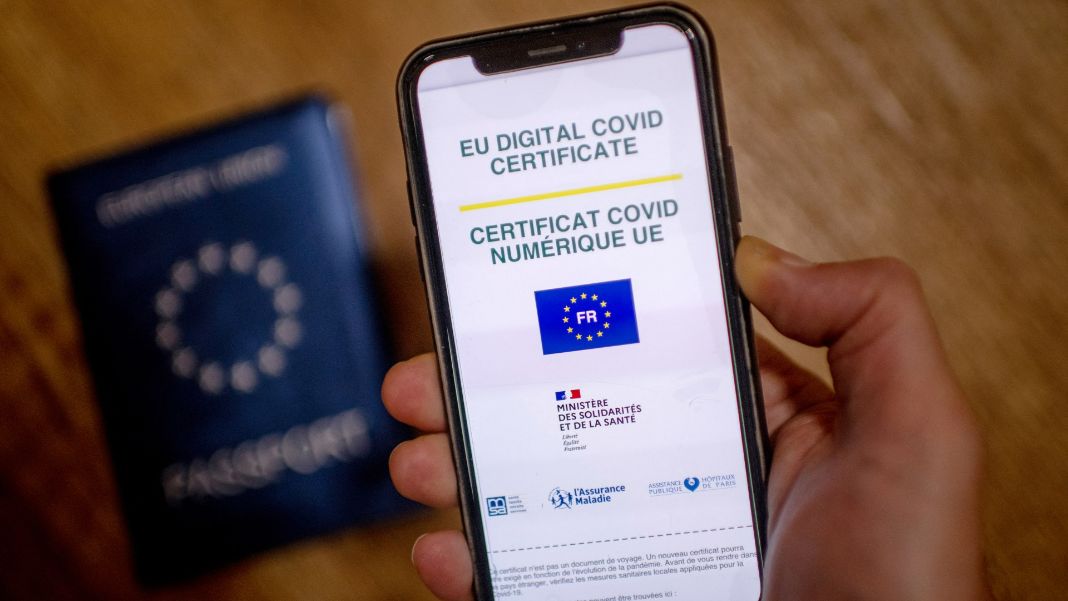
But in my opinion, it’s only a matter of time before Singapore starts accepting the EU Digital Covid Certificate (EUDCC) for VTL travel.
Many European countries already have procedures in place for converting non-EU vaccination certificates into EUDCCs. For example, it’s possible in Germany to visit an apotheke (pharmacy), present your non-EU vaccination certificate and get an EUDCC (even if foreigners can’t download the CoronaWarnApp to display it, they can still use the physical printout). France also offers non-EU visitors the ability to convert their vaccination certificate into the EUDCC format ahead of arrival.
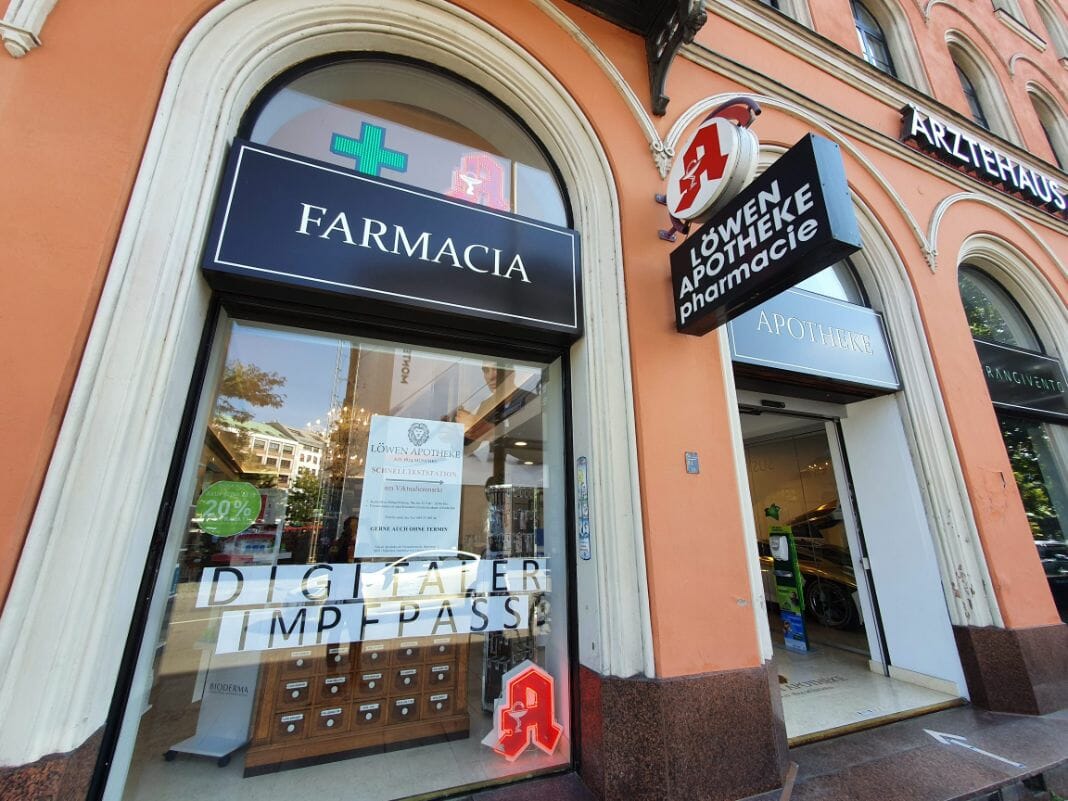
Once EUDCCs are recognised for VTL travel, those with non-Singapore/ non-Germany vaccination certificates can get them converted, thereby removing this barrier.
Step 4: Undergo tests in Singapore
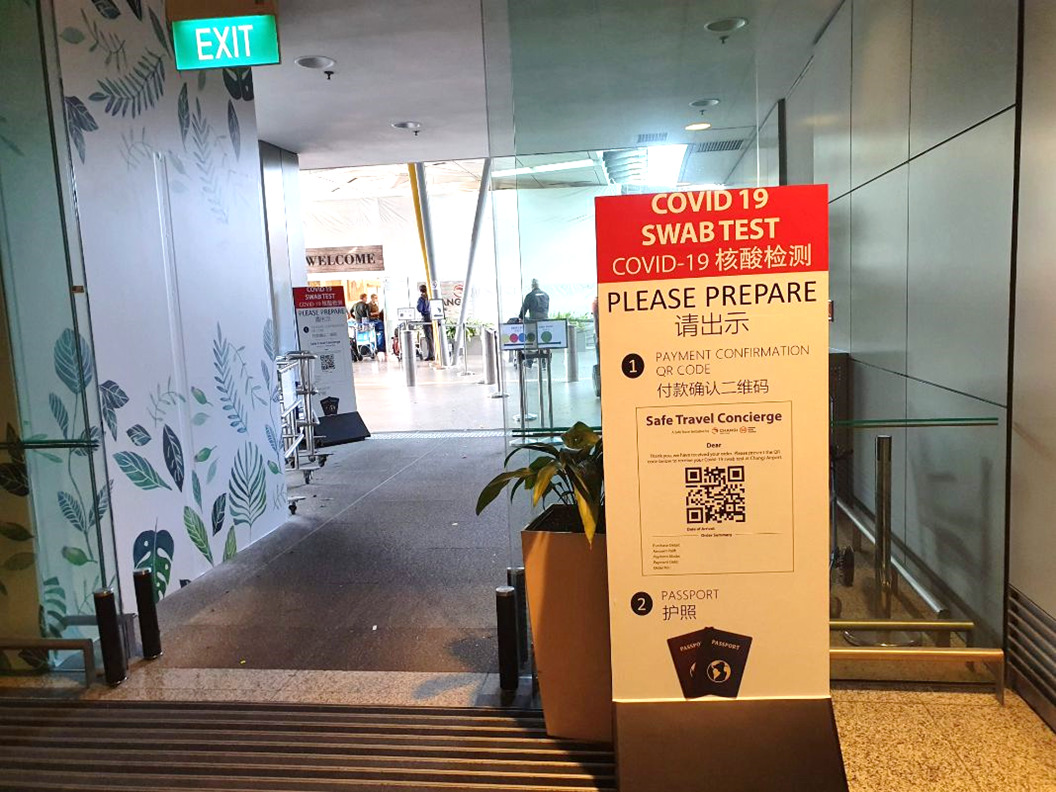
In lieu of an SHN, VTL travellers instead undergo a total of four PCR tests:
| ⚕️ VTL Testing Regime |
||
| Location | Remarks | Price |
| 🇩🇪 Germany | 48h before departure |
S$110-380* |
| 🇸🇬 Singapore | On arrival at Changi | S$160 |
| 🇸🇬 Singapore | Day 3 | S$94.16 |
| 🇸🇬 Singapore | Day 7 | S$94.16 |
| *1-2 hour “express” solutions are available, which account for the higher price. | ||
We’ve already discussed the one in Germany, so let’s look at the three in Singapore.
VTL travellers will do one test on arrival at Changi Airport, immediately after they clear customs. After the swab is done, they must immediately take private transport to their declared self-isolation accommodation and isolate until the result is out. If a negative result is received, they may proceed with activities as per normal.
They will be obligated to attend further PCR tests on Day 3 and Day 7, booked via a special link sent by ICA. These tests take place at Raffles Medical Centres across Singapore, and must be done before 1500 hours on the respective dates. Missing these tests is a serious offence; play stupid games, win stupid prizes.
For a full explanation of the arrivals process, refer to the post below.
Who would find this worthwhile?

So the question therefore is: does it make sense to fly to Germany, spend 14 days there, then fly to Singapore in order to avoid a 10-day SHN in Singapore?
A 10 day SHN in Singapore will cost you S$1,450, inclusive of accommodation and three meals a day.
It’s hard to put an exact price on 14 days in Germany, but it will almost certainly cost more than S$1,450. You’ll need to factor in the cost of:
- A one-way flight to Germany
- Hotels for 14 days
- Food for 14 days
- Transport in Germany
- Four PCR tests
- A VTL flight from Germany to Singapore (which may cost more than a flight from your point of origin to Singapore)
It boils down to how much you value freedom. If you’re originating from a Category III or IV country, you’re looking at 10 days in a hotel (or at home, if Category III and fully vaccinated). In Germany, you’ll spend 14 days, but also be able to wander around, dine out, sightsee, and basically live normal life.
So I can’t answer that question, but what is clear is that this option will primarily be for those with means (unless you have friends or family in Germany to crash with), or with underlying medical conditions that make enforced quarantine unpalatable.
If nothing else, it’s certainly more marginal for travellers from Category II countries, where the additional costs incurred for 14 days in Germany may not justify the avoidance of a 7-day SHN at home.
Here’s something else to chew over. By travelling from your place of origin to Germany to Singapore, there is some incremental risk of catching COVID while in Germany. As mentioned earlier, a positive pre-departure test would strand you in Germany for an additional 14 days, meaning you could be there up to 28 days in total (or more, if your body just refuses to clear the viral load- it happens).
It stands to reason that you’ll want to practice sensible precautions while you’re there; perhaps lay off the clubbing and mask up even if it’s not mandatory.
Conclusion

As I said at the start, this is far from a loophole. Instead, I see it as a shrewd move by the Singapore government, almost like outsourcing SHN to Germany.
Germany takes on the risks of new cases (not that cases per se bother them since they’ve moved to endemic mode, and besides if you’re fully vaccinated the likelihood of being a burden on their healthcare system is extremely low), while Singapore can start to receive more travellers, reunite families, and maybe get the odd tourist who doesn’t mind outdoor masking, the lack of live entertainment and no booze after 10.30 pm (that would indeed be an odd tourist).
I don’t think this poses any incremental risk to Singapore either. Given the 10 day incubation period of the Delta variant, someone who stays in Germany for 14 days pretty much adopts the risk profile of any other German resident, who can already enter Singapore under the VTL sans quarantine.
To put it another way: If someone had COVID before coming to Germany, they will almost certainly be screened out by the pre-departure test requirement (or the test on arrival). If they got the virus in Germany, well, how is that any different from a German or Singapore resident travelling on the VTL?
The main barrier now is the requirement that VTL travellers have Singapore or Germany vaccination certificates, but like I said, I’m confident the EUDCC will be accepted very soon.
Once that happens, would-be travellers to Singapore have a non-quarantine alternative- provided they’re willing to bear the cost.









I think the problematic part of this (and any other trip involving Germany) is that you have to source for your own isolation hotel if you test positive. It seems that hotels don’t accept guests that test positive. Do you know of any hotels that can be booked for isolation after having tested positive?
no, was told the local health authority would advise in that situation.
I am not sure about the border arrangements between say Belgium or France to Germany. How would the authority knows that you been in Germany for 14 straight days when many of these countries hardly need a passport to cross in the past (now sure about now) or even a stamped passport from past experiences? A hotel stay receipt? Or some sort of data base from the EU?
Going by the same logic of not having stamps in one’s passport, german dual-citizens might be tempted to use one passport for other travel and the ‘clean’ german one for VTL travel to SG.
It may pass a perfunctory check, but if caught in the act, I wish them a nice stay in Changi chalet
It is based on the traveller’s self declaration.
there are many things which can reveal where you’ve been, not least your cell phone. i think this is the kind of thing you generally don’t mess around with.
Thinking not so much about Singaporeans as they tend to be more “kuei”. Singaporean knows the very strict laws here. I was thinking of foreigners. I am just curious than anything else. 🙂
This “loophole” you are questioning has been explained time and time and time and time and time again by Aaron in all his past articles on the VTL, etc. If you only bothered to take some time to read them, like how I bothered to take the time to type this reply…
No need to be sarcastic, being smart and nasty. Try to be nicer to your fellow human beings. I must have armtwisted everyone who answered the post to write a reply and surely it is their right not to answer it or bothered about it. The most don’t answer so what is the big deal? How I read and how much I read the MileLion has suddenly has become your big concern. Not everyone reads everything Aaron writes and have the time to follow everything that was written liked you. And also thanks for turning a nice and pleasant website… Read more »
Aaron, do the arrival and departure days count toward the 14 day stay?
Personally I’d go for Cat 2 instead of VTL. Redemption flights at Saver level instead of advantage. One less PCR test. And you don’t need to spend 14 days entirely in Germany – the period may be spread across all Cat 2 countries, many of which are in Europe. And 7 days SHN at home with dedicated room and toilet is bearable and cost-free.
yup. the best feature of the VTL is the ability to ownself apply for VTP approval, thereby bypassing the dreaded HR department
I guess this option is not available to families with young children below 12 who are not vaccinated?